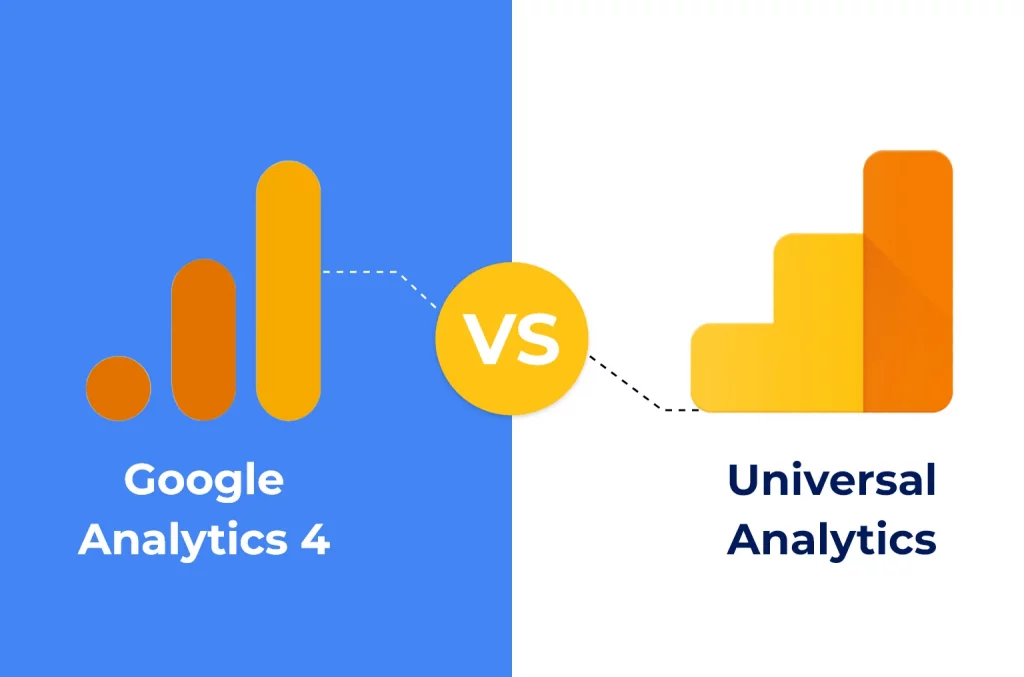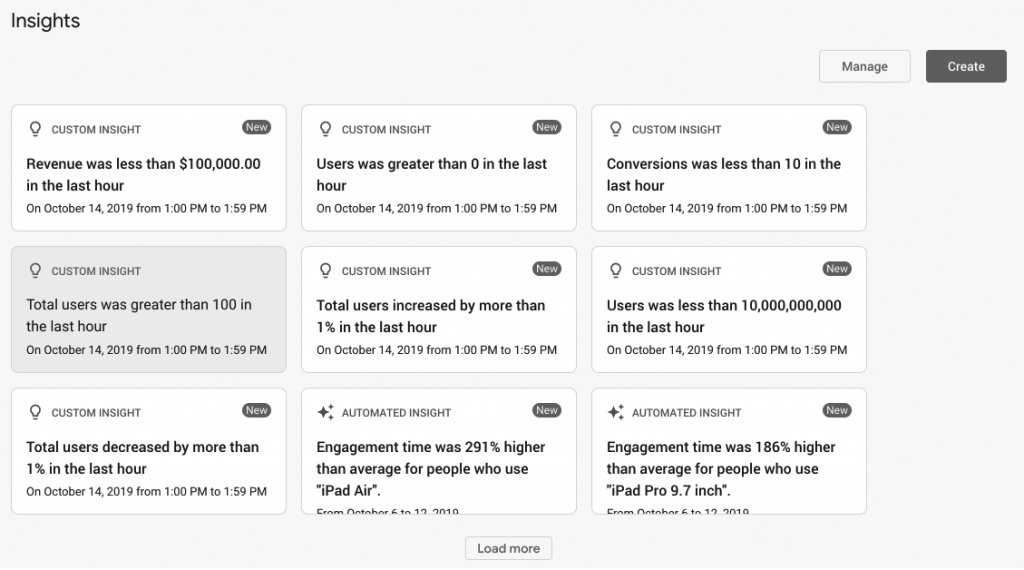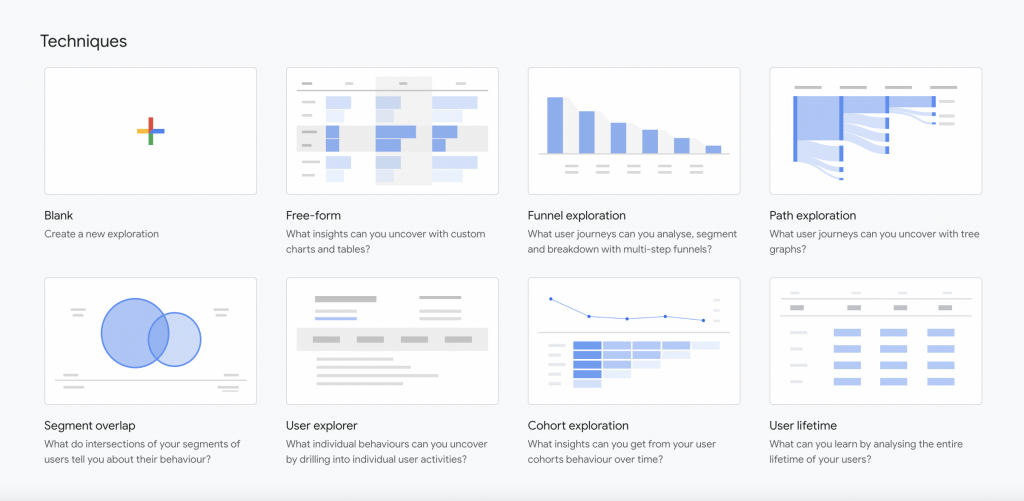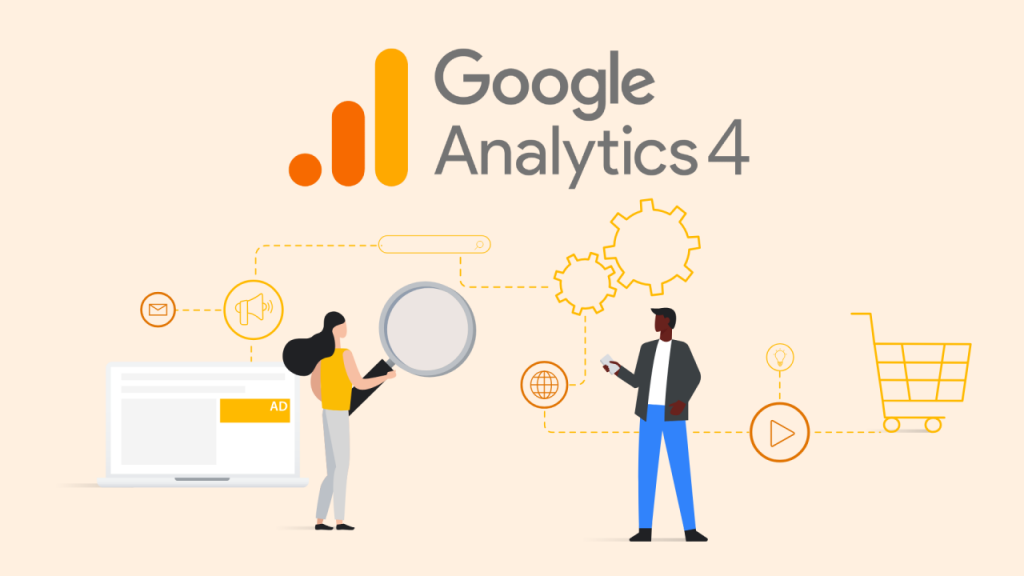Google Analytics 4 (GA4) is the next generation of Google’s powerful analytics platform, designed to help businesses gain deeper insights into user behavior, engagement, and conversion across multiple devices and platforms. GA4 now uses powerful advanced machine learning and enhanced tracking capabilities, offering a wider holistic approach to web analytics.

Why is Google sunsetting Universal Google Analytics?
Long story short, Google is moving on from Universal Analytics due to its inability to deliver cross-platform insights. Whereas GA4, on the other hand, can measure data across websites and apps. Google says UA was fundamentally built for desktops:
Universal Analytics was built for a generation of online measurement that was anchored in the desktop web, independent sessions and more easily observable data from cookies. This measurement methodology is quickly becoming obsolete.
Key dates
Up to July 1, 2023 – Universal Analytics will still collect new data into your properties. Google says some properties will continue to process data for a short period after the deadline.
From July 1, 2023 – Universal Analytics data will be available to access for at least 6 months, but no new data will be processed into UA properties.
Key changes between Google Analytics 4 (GA4) vs Universal Analytics (UA)
Google Analytics 4 (GA4) and Universal Analytics (UA) are two distinct versions of Google’s web analytics platform. Here are the main differences between GA4 and Universal Analytics:
Data Model
GA4 introduced an event-based data model, whereas UA follows a session-based model. In GA4, events represent user interactions, providing more flexibility in tracking and analyzing specific actions users take on websites or apps. This allows for a more granular understanding of user behavior.

User-Centric Approach
GA4 puts a greater emphasis on individual users rather than sessions. It utilizes a persistent user ID to track users across multiple devices and platforms, enabling a more comprehensive view of their interactions and journeys.
Cross-Platform Tracking
GA4 offers enhanced cross-platform tracking, allowing businesses to gather data from websites, mobile apps, and offline interactions. It provides a unified measurement approach to understand user behavior across different touchpoints, which is particularly valuable in today’s multi-device and multi-channel landscape.
Machine Learning and Insights
GA4 incorporates machine learning capabilities to provide automated insights and predictive metrics. It can automatically uncover trends, identify opportunities, and deliver valuable information without requiring manual analysis.

Integration with Google Ads and Firebase
GA4 integrates more seamlessly with Google Ads, offering improved campaign measurement and attribution capabilities. Additionally, it is closely tied to Firebase, Google’s mobile development platform, providing robust app analytics and app-specific features.
Privacy and Consent Management
GA4 addresses evolving privacy concerns by offering enhanced privacy controls. It includes features like data deletion controls, simplified user identification, and consent settings to align with privacy regulations and respect user preferences.
Reporting and Analysis
GA4 features a redesigned user interface and introduces new reporting capabilities. It offers pre-built reports, customizable dashboards, and advanced analysis tools to empower businesses to gain insights and visualize data more effectively.

UA vs GA4 in summary
| Topic | Universal Analytics (UA) | Google Analytics 4 (GA4) |
| Data Model | Session-based model | Event-based model |
| User Tracking | Focuses on sessions | User-centric tracking using persistent user IDs |
| Cross-Platform | Primarily focused on web analytics | Enhanced cross-platform tracking (websites, apps) |
| Machine Learning | Limited built-in machine learning capabilities | Integrates machine learning for insights and metrics |
| Google Ads Integration | Integration available, additional configurations | Seamless integration, improved campaign measurement |
| Privacy Controls | Few built-in privacy features, additional settings | Enhanced privacy controls and consent management |
| Reporting | Familiar reporting interface | Redesigned interface, new reporting capabilities |
| Future-Proofing | May require migration to GA4 for future enhancements | Recommended for new implementations, future-proof |
🔥 Popular posts:




